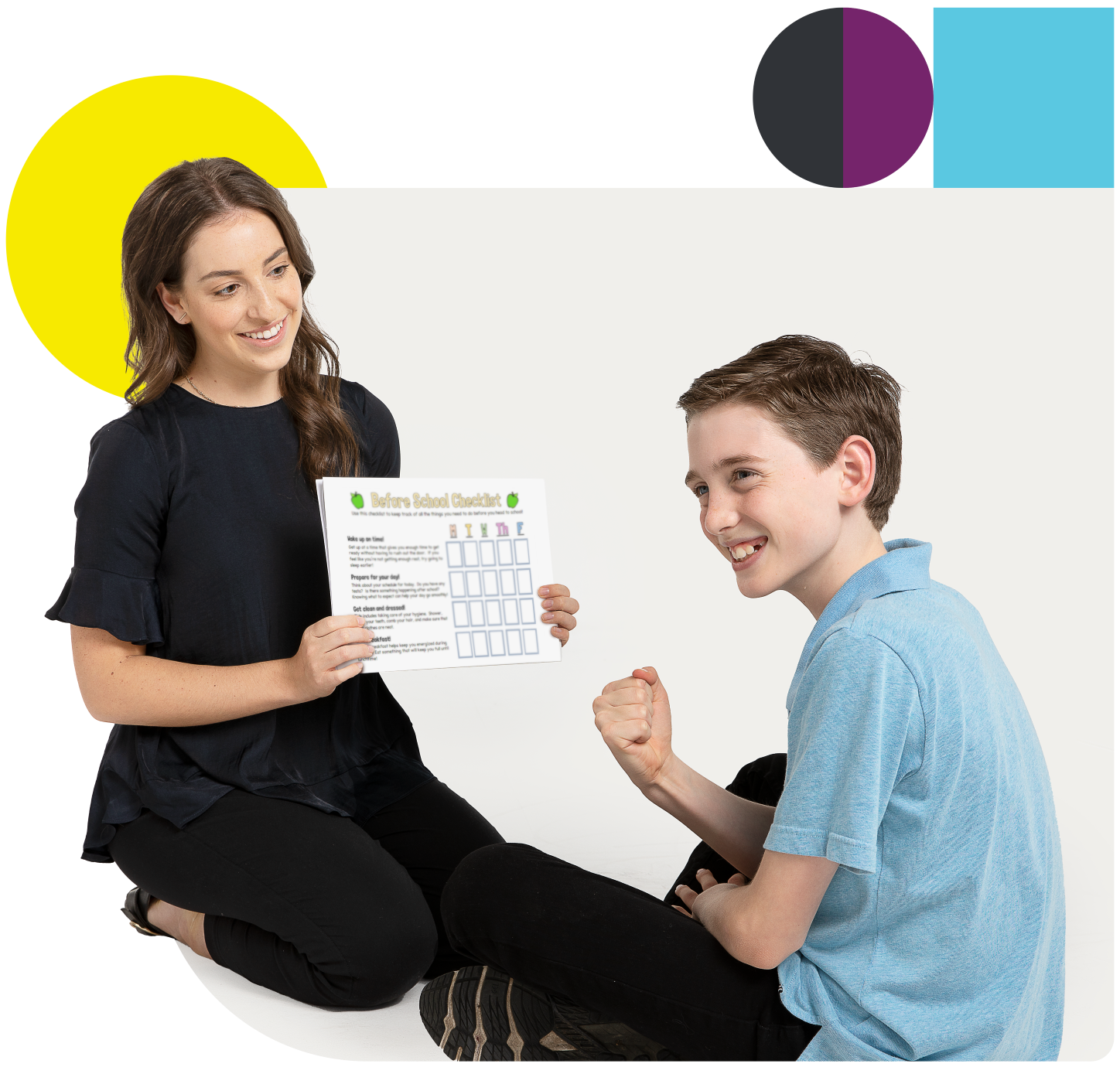
The complete guide to NDIS occupational therapy assessments and why they matter
NDIS is an Australian Government-funded initiative, which provides assistance and services to people with a disability. The primary purpose of the scheme is to ensure that all eligible Australians receive the support they need to live their lives to the fullest. NDIS has a range of different services and assessments. Here we will talk about one of these, an occupational therapy assessment.

What is an NDIS Occupational Therapy Assessment?
An NDIS occupational therapist assesses the abilities and limitations of a person with a disability. This information can then be used to help design an individual program to assist the person in attaining the best outcome. This includes everyday activities, equipment, education, and training to help them achieve the highest level of functional independence possible. However, people with disabilities require assistance from Occupational Therapists to assist them in performing the activities of daily living.

How Does NDIS Occupational Therapy Assessment Benefit the Person with Disability?
There are many benefits of NDIS Occupational Therapist Assessment. People with disability often require occupational therapy assessment to help them get back on their feet and live an independent life. One of the most common problems for people with a disability is a lack of awareness and understanding of how occupational therapy can meet their needs. However, occupational therapists are trained to assess the abilities and skills of a disability. This allows them to provide services and create an individualized plan. NDIS assessment is done to help a person with a disability overcome their challenges in different areas of life. It also helps disabled people to get the support coordinators and treatment they need to work closely, and it helps them live a fuller life.

How to Prepare for an NDIS Occupational Therapy Assessment?
Occupational Therapy is a profession that deals with helping people with disabilities to live independently. It involves diagnosing and treating physical, mental, emotional, social, and cognitive disabilities. Occupational therapists work person’s skills and abilities and make recommendations for improving their ability to function in the community. So, what to expect during an assessment to be prepared for the experience.
The NDIS Occupational Therapy assessment has become mandatory for all National Disability Insurance Scheme (NDIS). So, it’s essential to know about this assessment and how to prepare for it. The occupational therapy assessment is performed by trained professionals who assess your functional skills and abilities. This will help determine the type of intervention or program that will help you achieve the maximum benefits. You should attend the assessment with a written consent form signed by a doctor or a medical practitioner. This will ensure that you do not face any trouble later on. You may also ask a relative or friend to accompany you during the assessment. For occupational therapy assessments preparation, you should bring the following documents with you:
- A current copy of your disability services plan
- Your medical records
- Any other documentation you feel is relevant
You should look for proof from a professional therapist who knows about NDIS eligibility.
Ask your assessor to provide you with information on what to expect during the assessment. Plus, what they think of your performance of skills. Be prepared to assess your communication skills, such as using pictures, diagrams, etc. Look at your environment, and if you need to, modify it to suit your needs. Think about what you will need to do, and ask yourself what activities to perform to achieve these goals.
You’ll get help preparing for your pre-planning meeting. You’ll learn what to expect from the meeting and what to bring, along with some tips and tricks to ensure you make the most of it.
If you have a simple independence plan, you may need to have one or more NDIS plan is to meet to get the right supports. The therapists will meet with you and support you in preparing for your NDIS pre-planning meeting to feel confident and well prepared.

Different Types of Occupational Therapy Assessments
NDIS functional assessments are used to measure and document the client’s abilities in different areas, such as activities of daily living (ADLs), instrumental activities of daily living (IADLs), mobility, communication, and sensory. Physiotherapy is a health-focused profession that uses evidence and clinical reasoning to help people heal. These dynamic function tests also provide the information needed to develop an individualized care plan for a client.
NDIS occupational therapy assessments are essential for children and adults with developmental disabilities. You will want to understand your needs to find the right NDIS OT assessment service provider. Your OT Assessor will assess your needs and provide you with a plan to get the right NDIS services.If you are eligible for an NDIS assessment, you’ll need to choose a service provider to complete your assessment.
Be sure to select the right NDIS OT Assessment Service provider to avoid any unnecessary delays in receiving your NDIS occupational therapy sessions. These therapy assessments can help you access the services you need to live life independently in your community.Allied Health Professions Australia (AHPA) has recently met with the NDIA about its plan to move into the mental health space. In Australia, the NDIS funds a variety of therapy and allied health services for people living with a disability. The NDIA’s work is focused on supporting the delivery of quality mental health care to people across Australia, including Indigenous Australians and those living in rural and remote areas.

